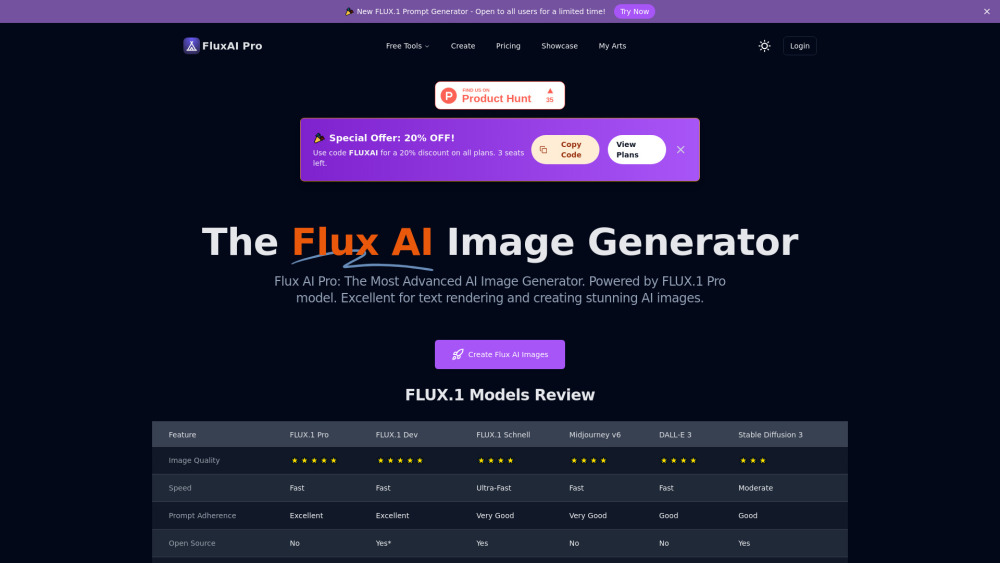Adobe has long been a frontrunner among legacy enterprise software companies in adopting generative AI technologies. Its innovations include the Firefly AI image generation model, Generative Fill features in Photoshop, and a newly launched AI Assistant for customer experience software. However, this enthusiastic embrace of AI has drawn significant backlash from some users and Adobe Stock contributors.
Recently, Adobe faced criticism over updates to its "Terms of Service" (ToS), which users must agree to continue using its applications. Though the ToS largely avoids direct mention of AI, it does reference “machine learning,” which is relevant for training AI models.
Updated Terms of Use
This week, Adobe informed its Creative Cloud Suite users—over 20 million globally—of changes to its General Terms of Use. Key updates include:
- Clarification that Adobe may access your content through both automated and manual methods for content review (Sections 2.2 and 4.1).
- Modifications to Adobe's right to delete content for inactive accounts (Section 5.3).
- A reduction in the timeframe for resolving disputes informally from 60 to 30 days (Section 14.1).
Upon closing this notification, users will be unable to proceed without clicking “Accept and Continue,” signifying agreement to the revised ToS.
Section 2.2 Controversy
The updated language in Section 2.2 has sparked outrage on social media, particularly on X. It states:
“We may access, view, or listen to your Content…through both automated and manual methods…using techniques such as machine learning in order to improve our Services and Software…”
Many users interpreted this as a suggestion of surveillance and the potential use of their content, including confidential materials protected by non-disclosure agreements, to train AI models.
Notably, Hollywood director Duncan Jones voiced his discontent on X, although he later deleted the post.
Clarifications in Section 4.1
Section 4.1 elaborates that Adobe does not review all user-generated content but may utilize technologies to screen for illegal or abusive material, such as child exploitation or spam.
Adobe's intent appears to aim for the right to moderate content on its Creative Cloud accounts to prevent illegal activities or violations of its Terms of Service.
Official Response
In response to the backlash, an Adobe spokesperson stated that the policy of accessing user content is longstanding. The company clarified that such access is vital for delivering innovative cloud features, like Photoshop Neural Filters and Remove Background in Adobe Express. Adobe emphasized that it does not examine content stored locally on a user's device.
Sources close to Adobe noted that content uploaded to Creative Cloud is analyzed mainly to enable generative AI features, not to infringe on user privacy.
Shortly after the initial concerns arose, Adobe published a blog post affirming that it will not train Firefly AI models on customer content, clarifying that Firefly is instead trained on licensed and public domain content.
Adobe reassured users that it does not claim ownership of customer work; customers maintain ownership of their content hosted on Adobe’s platform.
Nonetheless, the past practice of training Firefly with contributor uploads to Adobe Stock raises ongoing concerns. Many users are now contemplating canceling their Adobe Creative Cloud subscriptions due to these ambiguities in the ToS and the rise of generative AI technologies.
As the situation evolves, it remains to be seen how significantly this backlash will impact Adobe’s business operations.






